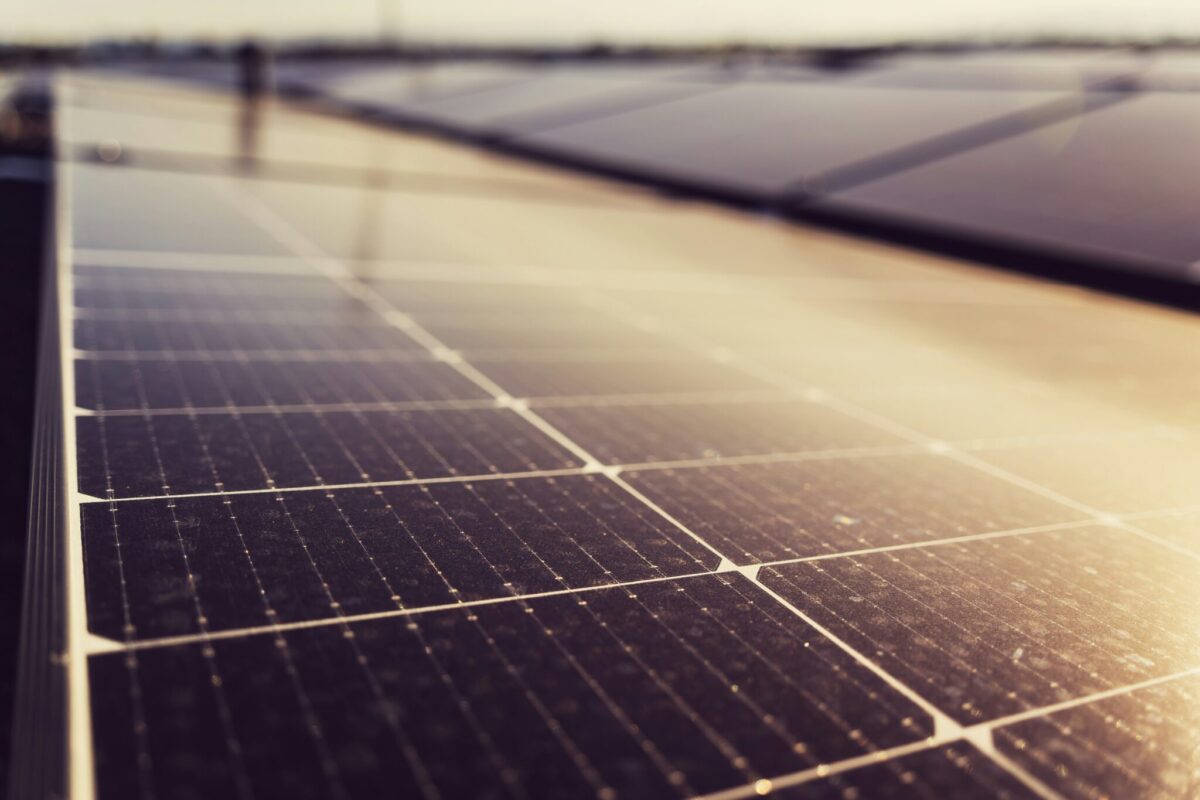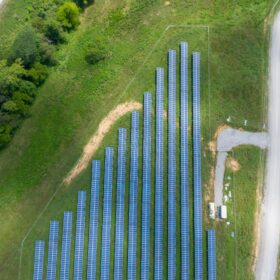Massachusetts Governor Maura Healey signed Senate Bill 2967 into law that includes siting and permitting reforms that will help to speed the buildout of solar and other clean energy technologies. It extends regional clean energy procurement timelines and offers battery energy storage incentives along with an energy storage procurement program.
The bill also establishes the Office of Environmental Justice and Equity and includes environmental justice protections, giving a boost to community solar in the Commonwealth.
“After months of negotiation, we are thrilled to see Massachusetts pass Senate Bill 2967 and Gov. Healey sign it into law—a landmark step toward clean energy progress,” said Kate Daniel, northeast regional director of the Coalition for Community Solar Access (CCSA). “This bill streamlines clean energy siting and permitting, authorizes vital clean energy procurement, and adopts net crediting for community solar.”
The net crediting in the bill will enable ratepayers to see savings from community solar credits on their electricity bills, she said, “eliminating the hassle of a second bill and making clean energy more accessible, especially for low-to-moderate income households.”
Daniel also pointed out that the permitting reforms will help unlock stalled community solar projects, “accelerating the deployment of renewable energy critical for meeting the state’s 2030 decarbonization targets.”
“This new law is a significant milestone, but the work is just beginning. CCSA and its coalition partners stand ready to partner with the Healey Administration to implement these policies and build the clean energy infrastructure Massachusetts needs to meet its ambitious climate goals,” Daniel concluded.
This content is protected by copyright and may not be reused. If you want to cooperate with us and would like to reuse some of our content, please contact: editors@pv-magazine.com.









By submitting this form you agree to pv magazine using your data for the purposes of publishing your comment.
Your personal data will only be disclosed or otherwise transmitted to third parties for the purposes of spam filtering or if this is necessary for technical maintenance of the website. Any other transfer to third parties will not take place unless this is justified on the basis of applicable data protection regulations or if pv magazine is legally obliged to do so.
You may revoke this consent at any time with effect for the future, in which case your personal data will be deleted immediately. Otherwise, your data will be deleted if pv magazine has processed your request or the purpose of data storage is fulfilled.
Further information on data privacy can be found in our Data Protection Policy.